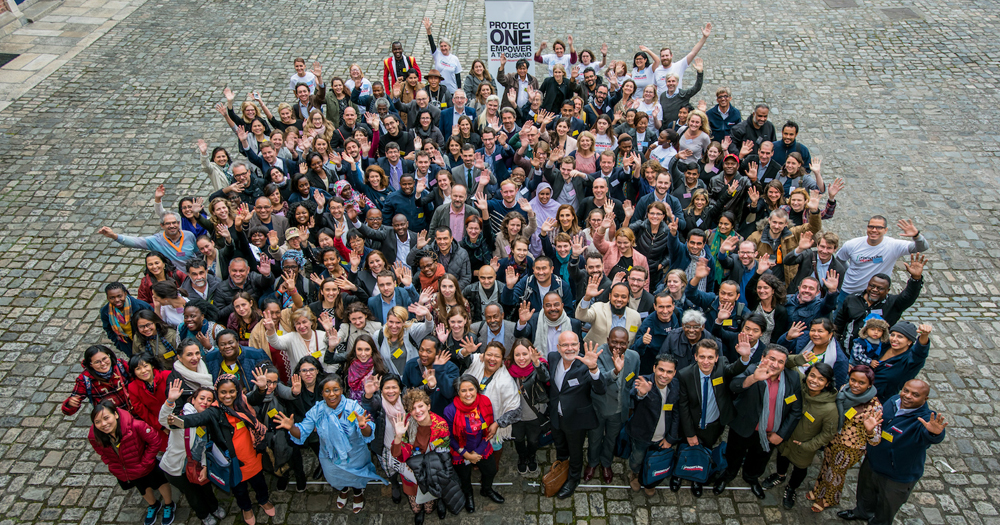Frontline Defenders today launched their Global Analysis 2018 on the situation of human rights defenders (HRDs) at risk, dedicating the report to the 321 HRDs killed in 2018 and highlighting various LGBT+ issues around the globe, including the recent attack on the LGBT+ community in Tanzania.
2018 marked the 20th anniversary of the HRD Declaration and the 70th Anniversary of the Universal Declaration of Human Rights, but many human rights issues became prevalent in 2018.
The analysis pointed out the correlation between such government-backed smear campaigns like in Tanzania and the escalation in attacks on individuals and their families:
“Such smear campaigns have an added impact on women human rights defenders (WHRDs) and LGBTI+ defenders, affecting their ability to live and work safely in their communities – and on the lives of their families.
“In Tanzania, LGBTI+ defenders were subjected to intimidation and attacks on their homes and offices following an appalling high-level campaign demonising them. This included the Regional Commissioner of Dar es Salam calling on the public to ‘report the name’ of anyone they suspected of being gay.”
In October, Tanzanian governer Paul Makonda encouraged Tanzanians to report people they perceive as members of the LGBT+ community to the authorities, announcing, “Give me their names. My ad hoc team will begin to get their hands on them next Monday.”
The report also pointed out more blows to the LGBT+ community worldwide:
“Brazil’s newly elected President, Jair Bolsonaro, singled out the LGBTI+ community during his campaign, leading to an increase in attacks and trepidation for what will follow in 2019.”
Highlighting issues facing the global trans community, the report lists a series of setbacks that occurred in 2018.
For example, it mentions the Trump administration pushing to “remove gender inclusive language from official human rights documents, replacing the word ‘gender’ with ‘woman’ in order to remove references to or implications of transgender people.”
“In Kiev, a small trans rights march was attacked in November with pepper spray and smoke bombs as police did little to stop or apprehend the attackers,” the report adds.
Various violent attacks on the trans community were reported, such as an incident in Aceh, Indonesia in January 2018 where 12 transgender HRDs were detained in a salon and forced to take off their tops and cut their hair in public. The analysis also points out a spike in attacks against lesbian and trans women in European regions such as Kazakhstan and Kyrgyzstan with some being filmed and posted online.
The report also touched on the recent blow to LGBT+ rights in Taiwan, which was set to be the first Asian country to legalise same-sex marriage:
“Following a Constitutional Court ruling in 2017 that found the ban on same-sex marriage incompatible with the constitution, voters in referendums rejected proposals to change the current definition of marriage as a union between a man and a woman.”
But the analysis also highlighted some of the positive outcomes of 2018, including the decriminalisation of homosexuality in India, the Tokyo Metropolitan Government taking steps to criminalise discrimination against LGBT+ people, and Ireland voting to give women their reproductive rights.
© 2019 GCN (Gay Community News). All rights reserved.
Support GCN
GCN is a free, vital resource for Ireland’s LGBTQ+ community since 1988.
GCN is a trading name of National LGBT Federation CLG, a registered charity - Charity Number: 20034580.
GCN relies on the generous support of the community and allies to sustain the crucial work that we do. Producing GCN is costly, and, in an industry which has been hugely impacted by rising costs, we need your support to help sustain and grow this vital resource.
Supporting GCN for as little as €1.99 per month will help us continue our work as Ireland’s free, independent LGBTQ+ media.

